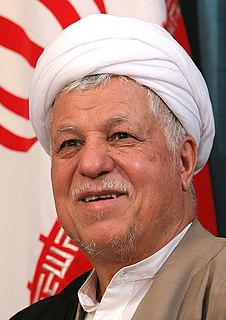A Quote by Ronald Reagan
One day we will spend our sunset years telling our children and our children's children what it was once like in the United States where men were free.
Related Quotes
Freedom is always just one generation away from extinction. We don't pass it to our children in the bloodstream. We have to fight for it and protect it and then hand it to them, so that they shall do the same, or we're going to find ourselves spending our sunset years telling our children and our children's children, about a time in America, back in the day, when men and women were free.
You and I have a rendezvous with destiny. We will preserve for our children this, the last best hope of man on earth, or we will sentence them to take the first step into a thousand years of darkness. If we fail, at least let our children and our children’s children say of us we justified our brief moment here. We did all that could be done.
The United States remains the last best hope for a mankind plagued by tyranny and deprivation. America is no stronger than its people -- and that means you and me. Well, I believe in you, and I believe that if we work together, then one day we will say, "We fought the good fight. We finished the race. We kept the faith." And to our children and our children's children, we can say, "We did all what could be done in the brief time that was given us here on earth.".
The justification - the idea that we have a right to invade another country and determine another people's destiny - is frightening. And I fear really for the future of that occupation. What happens now, and twenty years from now, and forty years from now, given our case? People in the United States may feel like when we don't see it on CNN twenty-four hours a day, it sort of disappears. But it doesn't disappear for the people who have to live under occupation - and their children and their children's children.
Our children will not survive our habits of thinking, our failures of the spirit, our wreck of the universe into which we bring new life as blithely as we do. Mostly, our children will resemble our own misery and spite and anger, because we give them no choice about it. In the name of motherhood and fatherhood and education and good manners, we threaten and suffocate and bind and ensnare and bribe and trick children into wholesale emulation of our ways.




























